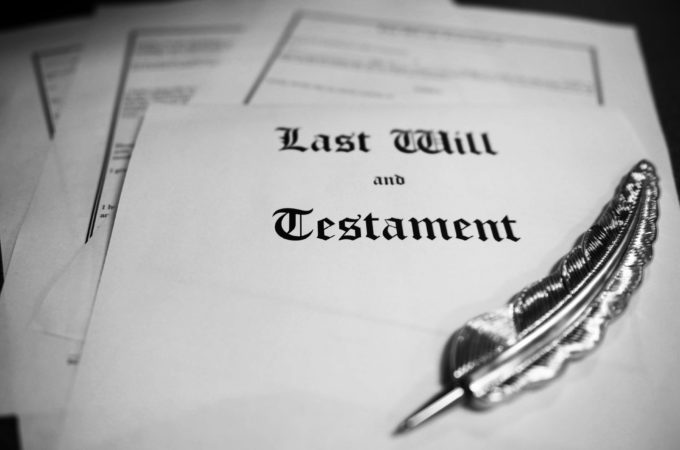Corporately-owned life insurance is viewed as a key strategic option in tax and estate planning, notably for business owners. There are several strategic reasons to consider corporately-owned insurance as part of the estate plan, such as equalization among the beneficiaries of their estate or to fund the taxes triggered on death. Essentially, corporate life insurance plays a role in the wealth preservation plan.
Another goal of wealth planning is to preserve the wealth for the next generation. This is especially true for business owners who have accumulated wealth within a corporation. It is not uncommon for business owners to provide for their surviving spouse for their lifetime by way of a spousal trust with the remaining residue of their estate to be distributed to their children on their spouse’s death.
If the spousal trust owns the shares of the corporation, can corporately-owned life insurance be an issue in the estate and tax planning?
Corporately-owned Insurance Tainting the Spousal Trust
At the Canadian Life and Health Insurance Association CRA Roundtable, CRA was asked[1] whether subsection 70(5.3) has any influence in the determination of whether a corporate-owned life insurance policy taints a spousal trust when the shares of a corporation are transferred to the spousal trust for purposes of a spousal rollover.
The CRA’s answer seems to indicate that in the Agency’s view, corporately-owned insurance may taint a spousal trust. How can this be? The corporation’s assets wouldn’t form part of the spousal trust.
In CRA’s view, corporately-owned insurance, for which the surviving spouse could not benefit from (i.e. last-to-die insurance as an example), may compromise the validity of the testamentary spousal trust since it could be said the funds can be used for a purpose other than the benefit of the spouse.
The CRA commented that subsection 70(5.3)[2] is only “a valuation provision that applies where a life insurance policy is relevant to determining the fair market value of a property deemed disposed at the time of death (under subsections 70(5) and 104(4)).[3]” The CRA added that subsection 70(5.3) has no influence in determining whether a testamentary spousal trust meets all criteria for a valid spousal rollover as set out in subsection 70(6).
The CRA concludes its answer in that the determination of whether a testamentary spousal trust or common-law partner trust is tainted remains a question of fact. This leaves tax and estate advisors in a position where they cannot confidently confirm that a rollover is possible when shareholdings of the deceased are transferred to a testamentary spousal trust (or a common-law partner trust) if the corporation owns life insurance and continues to pay the premiums.
What Are the Implications of Tainting The Spousal Trust?
If the testamentary spousal trust is tainted, the rollover to the spousal trust is denied. The deceased’s shareholdings are deemed to be disposed at fair market value resulting in capital gain taxes. Triggering tax unexpectedly can have serious implications to the estate, especially if the testator was relying on the rollover to the spousal trust to defer the capital gain taxes.
A spousal trust is often used in specific circumstances, such as estate planning for blended families. Therefore, tax and estate advisors ought to carefully review the terms of the trust to ensure that only the surviving spouse is entitled to the income and capital of the trust and the terms avoid any mention of purchasing life insurance.
CRA’s position is questionable. Nonetheless, estate and tax advisors ought to consider the Agency’s view when discussing spousal trusts and corporately-owned insurance.
[1] Question #3 of the roundtable.
[2] For the deemed disposition rule in 70(5), 70(5.3) codifies that the fair market value of the property of a deceased individual immediately before death is to be determined by valuing any life insurance policy on the life of the deceased at its cash surrender value
[3] 70(5.3) is also relevant under section 128.1.


0 Comments